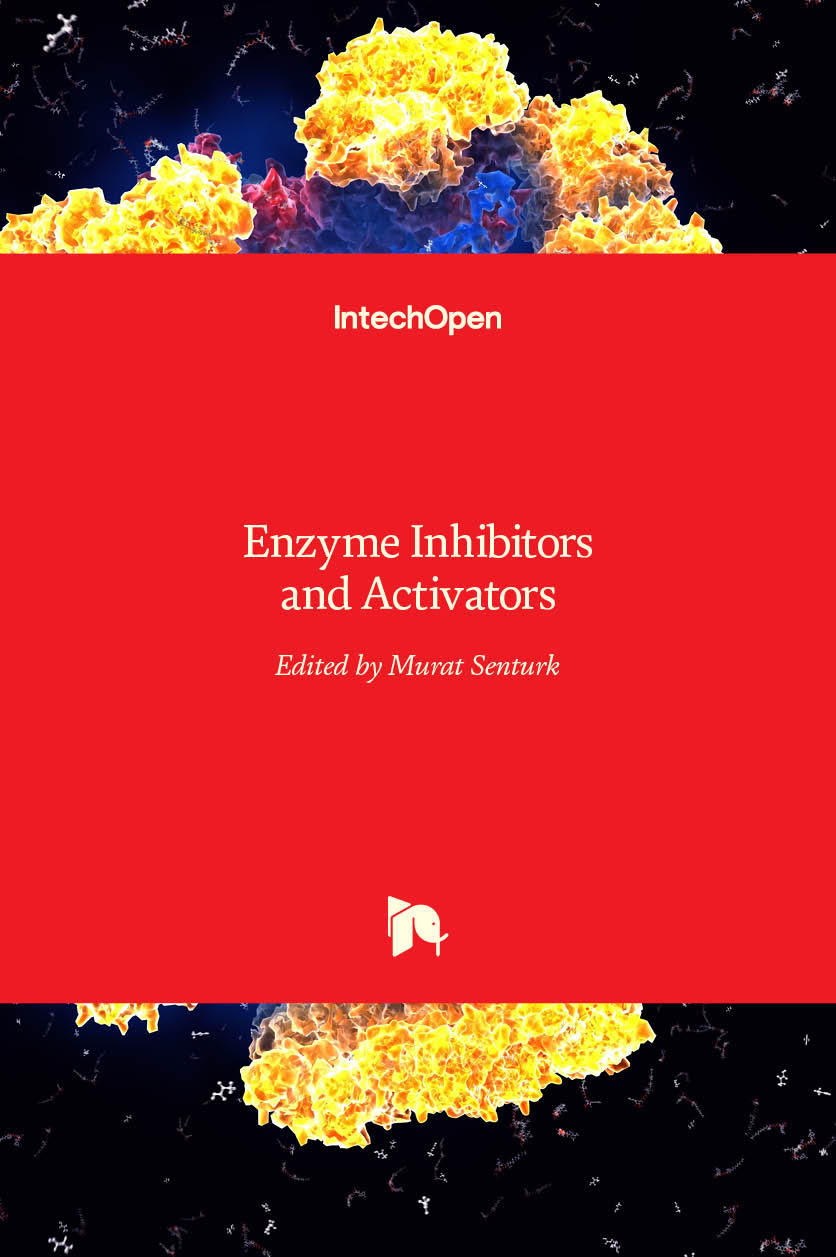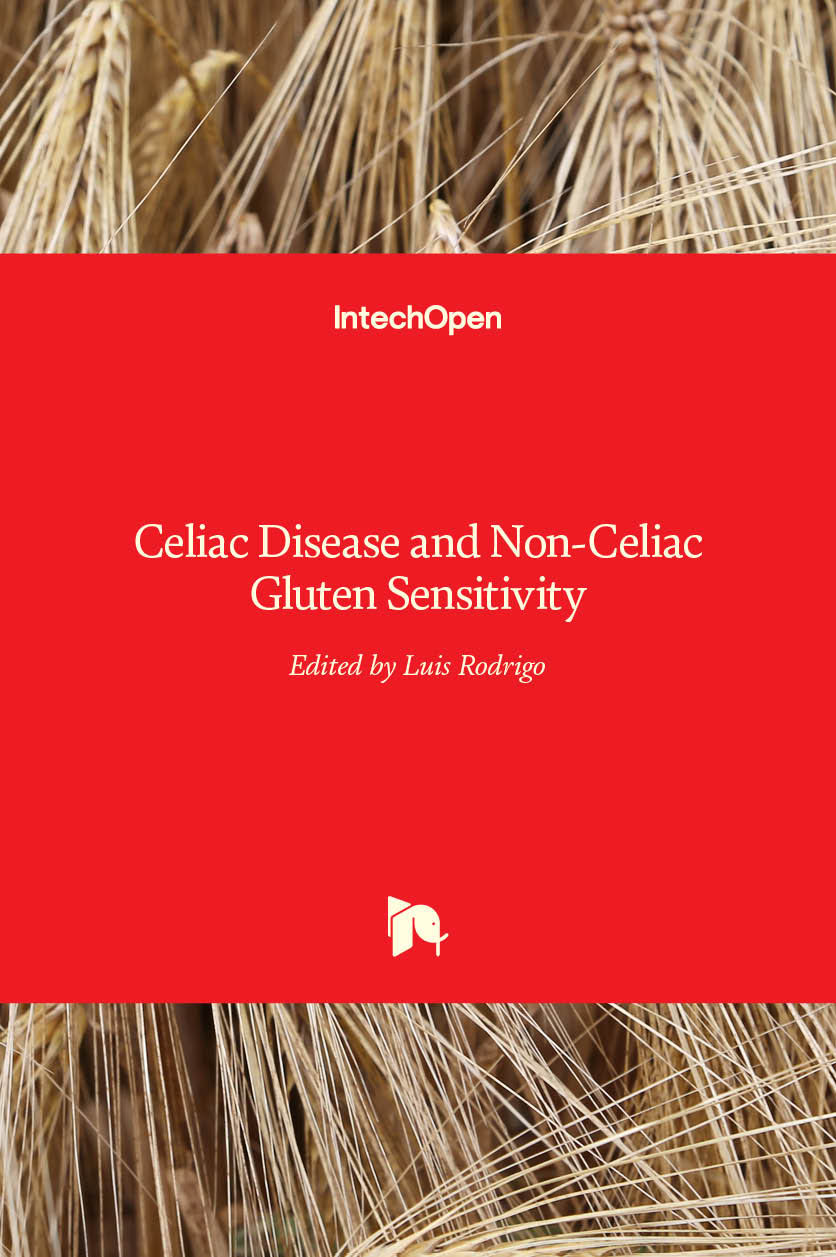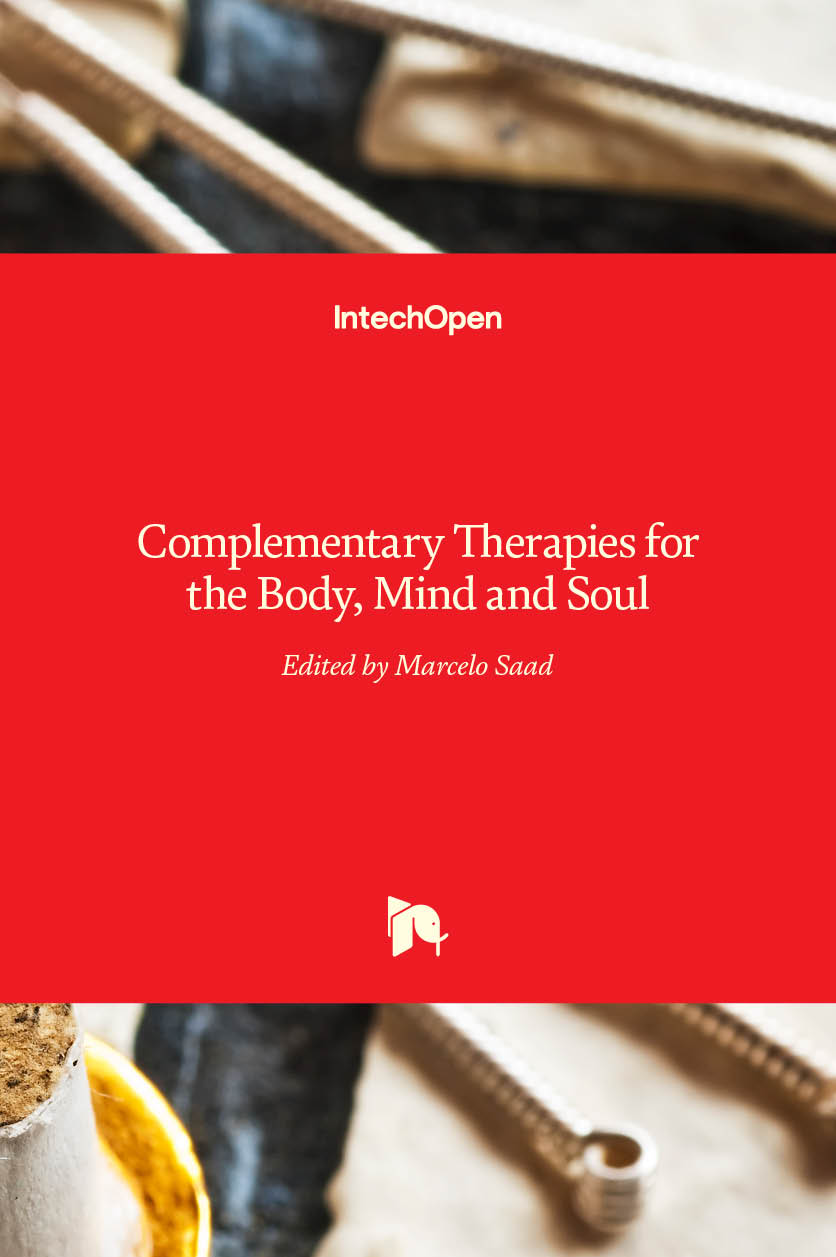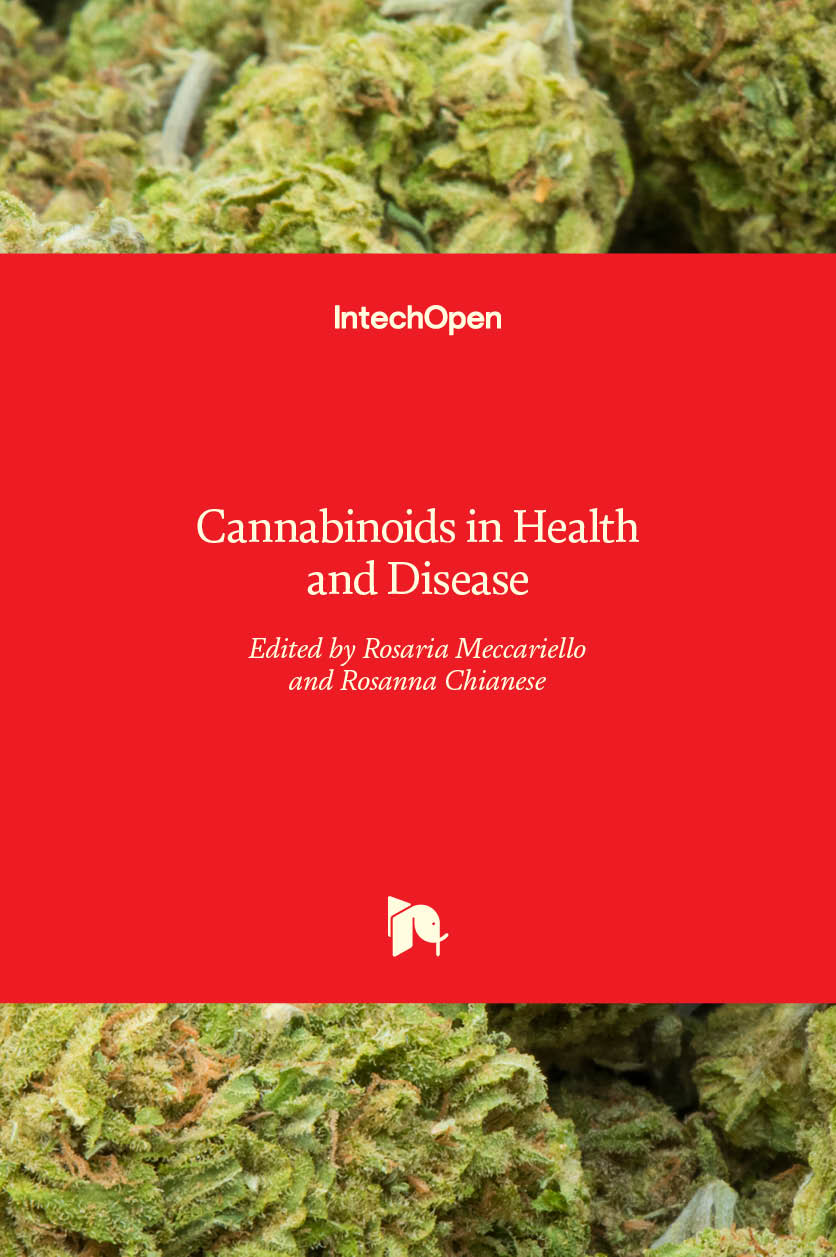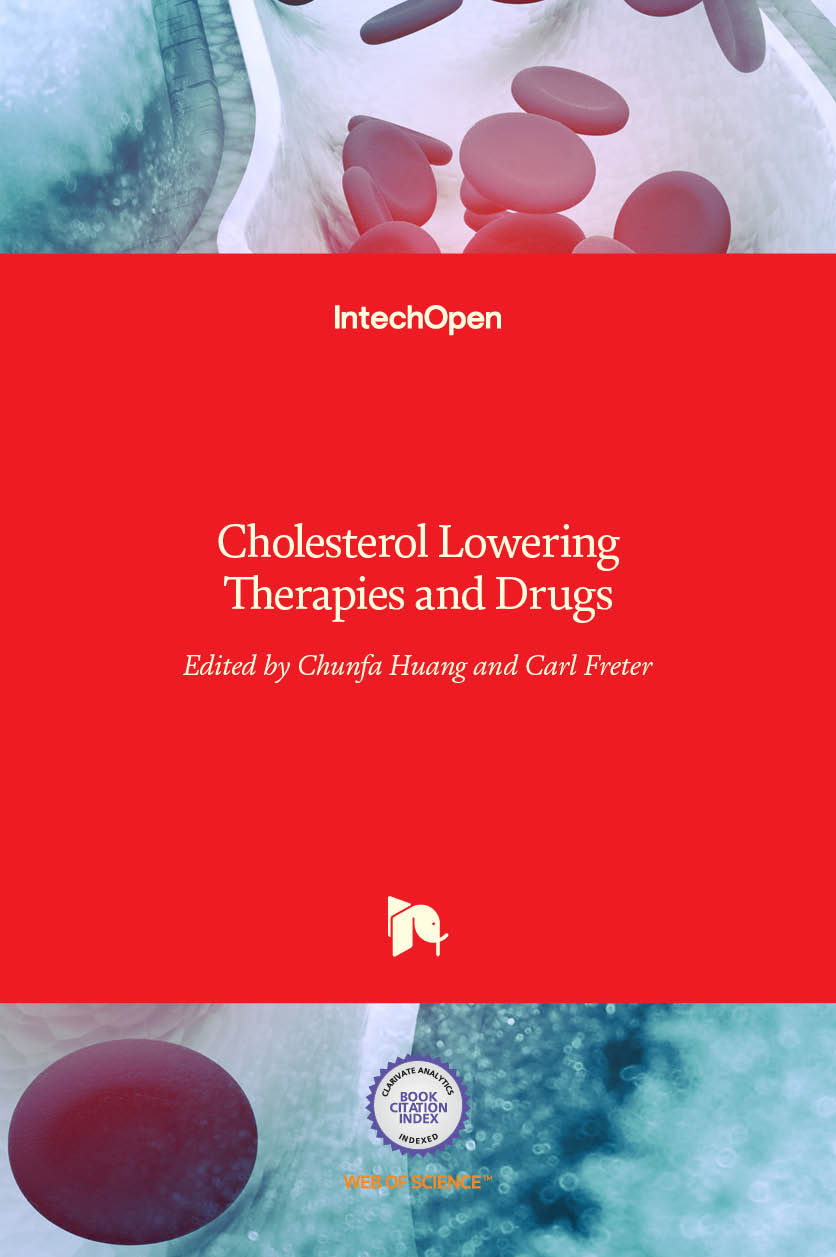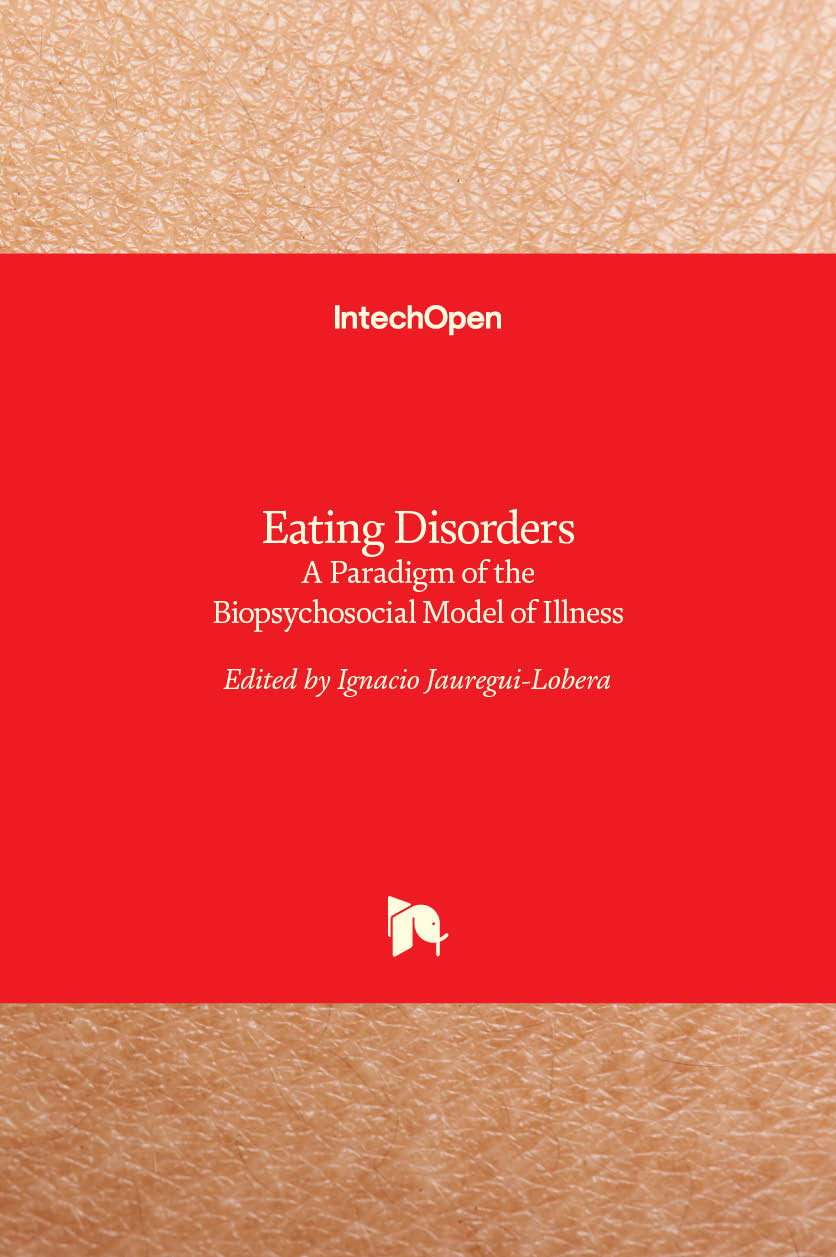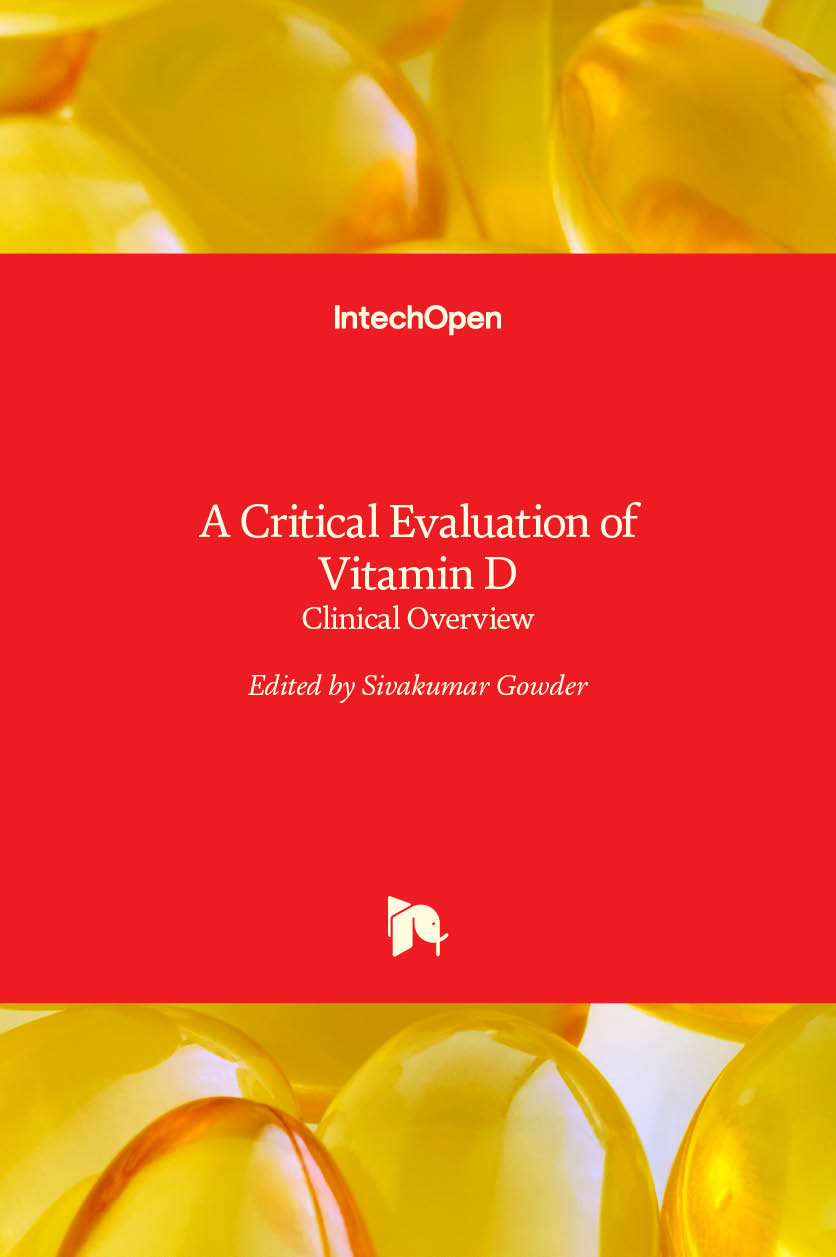Sobre a importância dos quintais, cada vez mais desaparecidos e, com isso, as nossas raízes também.
sábado, 9 de setembro de 2017
Confusões na horta medicinal - 31
Uma publicação compartilhada por Marcos Roberto Furlan (@quintaisimortais) em
Confusões na horta medicinal - 30
Uma publicação compartilhada por Marcos Roberto Furlan (@quintaisimortais) em
Article: Curcuminoids Lower Plasma Leptin Concentrations: A Meta-analysis
Abstract
Curcumin is a naturally occurring polyphenol that has been suggested to improve several metabolic diseases. Leptin is an adipokine involved in metabolic status and appetite, with marked crosstalk with other systems. Available data suggest that curcumin may affect leptin levels; therefore, this meta-analysis was performed to evaluate this. A systematic review and meta-analysis were undertaken on all randomized controlled trials of curcumin studies that included the measurement of leptin. The search included PubMed-Medline, Scopus, ISI Web of Knowledge, and Google Scholar databases. Quantitative data synthesis was performed by using a random-effects model, with standardized mean difference and 95% confidence interval as summary statistics. A funnel plot, Begg's rank correlation, and Egger's weighted regression tests assessed the presence of publication bias. Four eligible articles comprising five treatment arms were selected for the meta-analysis. Meta-analysis showed a significant decrease in plasma leptin concentrations following curcumin treatment (standardized mean difference: −0.69, 95% confidence interval: −1.16, −0.23, p = 0.003; I2 = 76.53%). There was no evidence of publication bias. This meta-analysis showed that curcumin supplementation is associated with a decrease in leptin levels that may be regarded as a potential mechanism for the metabolic effects of curcumin. Copyright © 2017 John Wiley & Sons, Ltd.
See more at:

Curcumin
sexta-feira, 8 de setembro de 2017
Confusões na horta medicinal - 29
Uma publicação compartilhada por Marcos Roberto Furlan (@quintaisimortais) em
quinta-feira, 7 de setembro de 2017
quarta-feira, 6 de setembro de 2017
Open access: Medicinal plants and its therapeutic uses
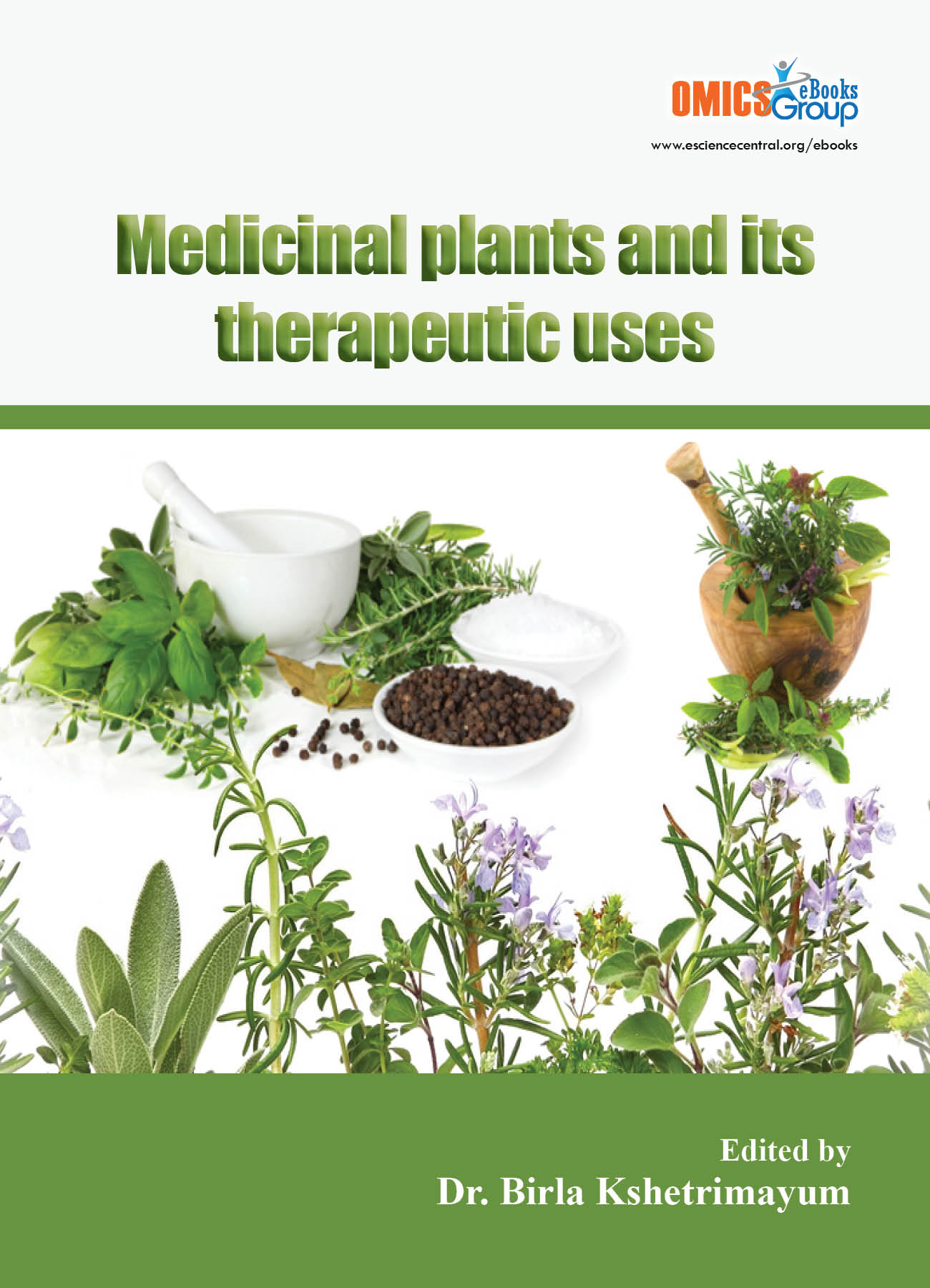
Chapter 1 Open Access
Authors: Sanatombi Rajkumari, K Sanatombi
Medicinal plants are the principal economic resource for health care purposes
Chapter 2 Open Access
Traditionally Used Medicinal Plants Belongs to Family Asteraceae for the Treatment of Cancer in Mizoram, Northeast India Authors: Garima Singh, Ajit Kumar Passari, Bhim Pratap Singh, N. Senthil Kumar
The traditional knowledge and use of medicinal plant species from the plant family Asteraceae
Chapter 3 Open Access
Traditional Medicinal Plants Used For Various Skin Diseases and Cosmoceuticals in Manipur, North-East India Authors: W. Radhapiyari Devi
The present investigation is an attempt to find out ethnopharmacological application of medicinal plants
Chapter 4 Open Access
Ethnomedicinal Plant Used By the Garo Tribe of South Garo Hills, Meghalaya, India Authors: Dilip Kumar Roy, Aupam Das Talukdar, Manabendra Dutta Choudhury, Bipin Kumar Sinha, Sanjoy Singh Ningthoujam, Deepa Nath, Prakash Roy Choudhury
Garo tribe, in most of the remote areas of South Garo Hills district of Meghalaya
Chapter 5 Open Access
Ethno-Medicinal Plants Used By the South West Khasi Hills District Community of Meghalaya, India Authors: Sh. Bidyasagar Singh, S.K Tripathi, B. P Mishra
Medicinal plants play a vital role for the development of new drugs and form the backbone
Chapter 6 Open Access
Carex baccans Nees, an Anthelmintic Medicinal Plant of Northeast India Authors: B Roy, B. R Giri
India, especially northeast India is one of the biodiversity hotspot and well known for rich culture
Chapter 7 Open Access
A Review on Clitoria ternatea(Linn.): Chemistry and Pharmacology Authors: Niraj Kumar Singh, Jeetendra Kumar Gupta, Kamal Shah, Pradeep Mishra, Atul Tripathi, Nagendra Singh Chauhan, Neeraj Upmanyu
The value of mankind is inextricably linked with the wellbeing through natural resources specially the plants around him.
Chapter 8 Open Access
Ethnomedicinal Uses, Phytochemistry and Pharmacology of Cissampelos pareira: A Review Authors: Kamal Shah, Shaiba Sana Qureshi, Jeetendra Kumar Gupta, Neeraj Upmanyu, Nagendra Singh Chauhan
The plant Cissampelos pareira is a sub-erect or climbing herb, belongs to the family Menispermaceae.
